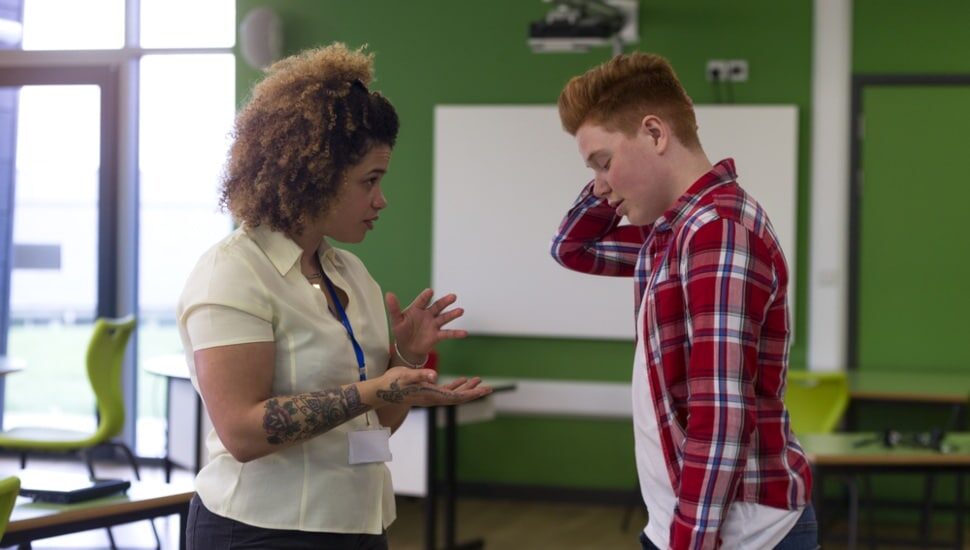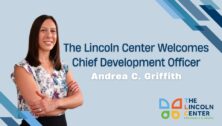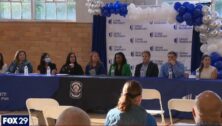TLC – Top 5 TED Talks for School Counselors

School counselors have borne the brunt of much of the turbulence experienced in education over the last few years. These five TED Talks speak to some of the biggest challenges school counselors face.
Self-Care: What It Really Is | Susannah Winters
Susannah shares how she learned that if she wanted to be successful in her role of supporting others during stressful events in stressful environments, she needed to be a relaxing presence – which began with taking care of herself. With all the stress affecting immunity, well-being, and health, self-care actions need to be restorative. Susannah demystifies self-care, explaining that it is simply taking care of well-being through restorative activities.
Esther Perel: The Routines, Rituals, and Boundaries We Need in Stressful Times
Clear lines provide the necessary internal stability to make room for mystery and vitality in life. To bring this order, Esther encourages developing routines to clearly delineate the lines between activities and roles in life, rituals to “create sacred time and sacred space” for refueling what is most important, and boundaries create and reinforce an awareness of borders to provide a clear sense of structure. Together—routines, rituals, and boundaries—can help school counselors (and those they serve) regain that sense of self that may have been eclipsed by over-focusing on meeting others’ needs.
Trauma & Play Therapy – Holding Hard Stories | Paris Goodyear-Brown (TEDx Nashville, 2018)
How do children heal from trauma? Pam helps us understand through the stories of children from hard places, how play can help children cope with trauma.
- Children can articulate the unspeakable through play. Children’s primary language is play – especially traumatized children – and toys are their primary words. They may not have the vocabulary to describe their experiences or express the pain they feel, but they can use toys and play to create compelling images that convey powerfully what they are processing.
- Trauma gets stored in pictures, and in our bodies, so the way we ask children to tell us what they need to tell us need to honor the ways we store trauma.
- We want as much oxytocin and dopamine on board as we can get during trauma recovery. Play becomes the digestive enzyme that metabolizes trauma. This is done bit by bit, in the presence of another. Play can help to tell the story – but the story has to be heard and held.
Rethinking Challenging Kids – Where There’s a Skill There’s a Way | J. Stuart Ablon
“Kids do well if they can.” If they’re not doing well, there’s something standing in their way. It is not as simple as “they just don’t want to.” Kids with challenging behaviors lack basic skills like problem-solving, flexibility, and frustration tolerance. Just as 40 years ago kids who struggled were classified as “dumb or lazy” instead of assessed for learning disabilities, the same assumptions are made of kids today with behavioral challenges. Often the kids trying the hardest to “behave themselves” are the ones labeled as bad kids. Often development is delayed in flexibility, problem-solving, and frustration tolerance, but these skills cannot be helped with a tutor. They have to be taught in the actual situations when they are needed. The predictable moments when these kids struggle are also the very opportunities that adults can seize to help kids build these skills during these moments.
How To Talk To The Worst Parts of Yourself | Karen Faith
This TEDx talk is an open challenge to what Karen calls “unconditional welcome.” Using her own story, Karen describes how she began using “universal welcome” when she needed to connect professionally with someone she did not like or respect. Universal welcome enabled Karen to see that person more clearly and even begin to love her. “Love is what happens when we stop trying to figure out who deserves it,” Karen challenges. She then applies this principle of unconditional welcome to the parts of herself that she did not want to acknowledge or accept
The Lincoln Center for Family and Youth (TLC) is a social enterprise company serving the Greater Philadelphia Area. Among its five divisions, TLC offers School-based Staffing Solutions, Mobile Coaching and Counseling, and Heather’s Hope: A Center for Victims of Crime. These major programs are united under TLC’s mission to promote positive choices and cultivate meaningful connections through education, counseling, coaching, and consulting. For more information, go to: TheLincolnCenter.com/
About the Author
MaryJo Burchard (Ph.D. in Organizational Leadership) is co-founder and principal of Concord Solutions, a Virginia-based consultancy firm focused on helping leaders and organizations thrive while facing major disruption. Concord Solutions offers consulting, coaching, training, research, and keynote speaking surrounding trauma-informed leadership and assessing and building change readiness, trust, and belonging.
Connect With Your Community
Subscribe to stay informed!
"*" indicates required fields












































![95000-1023_ACJ_BannerAd[1]](https://vista.today/wp-content/uploads/2023/03/95000-1023_ACJ_BannerAd1.jpg)






